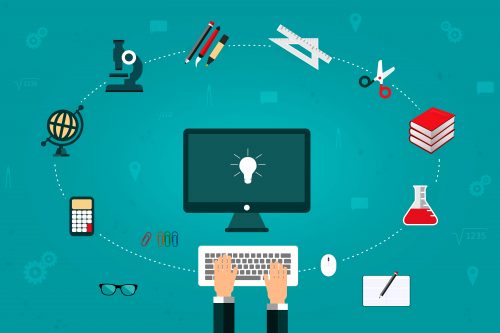We go to school for thirteen years, where we learn basic skills, discover our interests and build everlasting friendships; it’s the place where we become social beings. Then we choose a career to study and enter university. Four or five years later, we have obtained specialized knowledge which prepares us to be competent professionals.
We start working at a company, where we keep learning and growing. But as time passes by, we begin feeling trapped by the daily routine. We follow schedules, fulfill our responsibilities, finish projects and make ends meet.
As the late neurosurgeon and writer Oliver Sacks stated, our brains can keep growing throughout our lives. Everytime we practice an old skill or learn a new one, our neural connections are strengthened and new cells are generated. Learning a new language or traveling stimulates brain growth.
This explains why we can keep learning at all ages; and contrary to common belief, it is not limited to our childhood years. It is a need we must fulfill to benefit our mental and emotional health. Reflecting and analyzing make us human.
Challenging ourselves propels us to practice talents we never knew we had. We start investing time in these new activities without thinking about the money we’re not making. This dedication progressively evolves into a passion.
The first African-American woman to go into space, Mae Jemison, talks about the importance of integrating and reconciling the arts and sciences. She explains her thesis through her experience: When she went to outer space, she took a dance poster, a Bundu statue and a science and math certificate from the Chicago Public School. Each of these objects represented the human creativity required to conceive, build and launch the shuttle. Each is a manifestation of the imagination and analysis that are both present in the human mind. Sciences and arts are both analytical and intuitive, constructive and deconstructive. They are not dichotomous, they are complementary.
It is common to see doctors who paint, sociologists who photograph, dancers who are also biologists, managers who design, philosophers who do math and writers who study the relativity theory.
It is true that our routines are overwhelming and that our stories have become predictable. But it’s also true that learning is a natural need which must be taken care of. We must satisfy the thirst to acquire new knowledge, which inspires us to keep learning for the rest of our lives.
On Teachlr, we give you the possibility to keep learning at your own pace. Building our platform required the integration of both the intuitive and analytical thought. Developing the tools to connect learning has become our passion.




